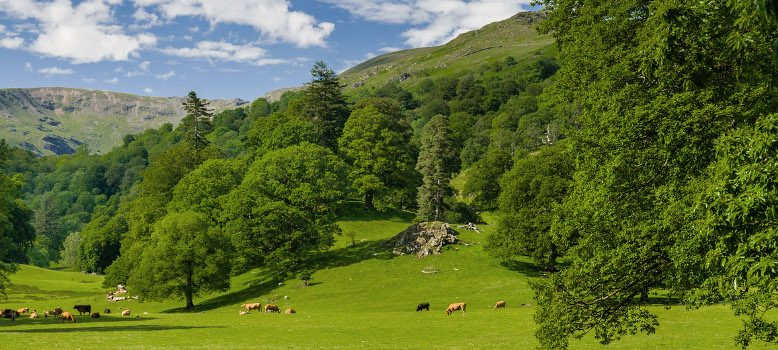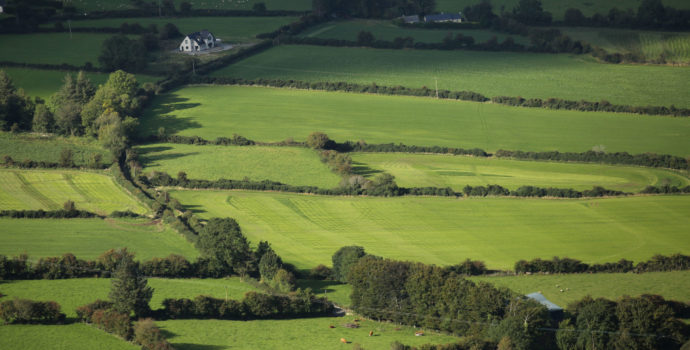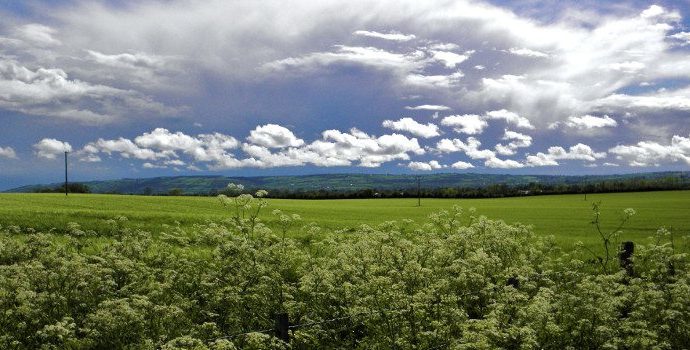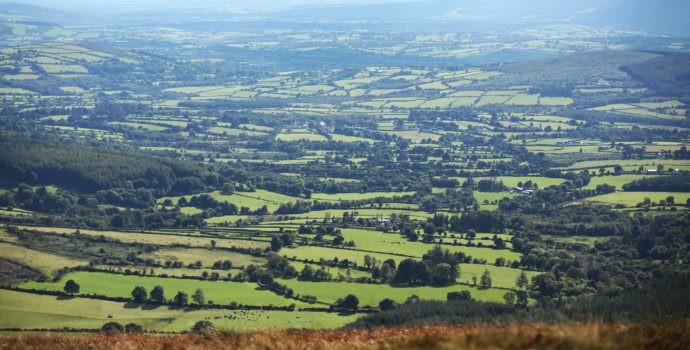Teagasc’s Climate Blueprint Must Be Underpinned by Action from Advisors and Government

IFA Environment Chairman Thomas Cooney has described the report recently published by Teagasc on ways to reduce greenhouse gas emissions in agriculture as “an important blueprint, setting out the necessary policy measures that Government must introduce”.
He said it also outlines the areas that the national farm advisory network must focus on, to ensure that Ireland’s carbon efficient model of food production continues.
Thomas Cooney said, “Ireland’s grass-based model of food production ensures that we have a climate efficient model of producing food. Our dairy farmers are the most emission efficient and our beef farmers are in the top five in Europe. This provides opportunities for the sector to develop, at a time of increasing demand for dairy and meat produced by Irish farmers.
“However, the future development of the sector must be sustainable. A fairer return is required from the marketplace for farmers. Also, many of the measures in the Teagasc report must be urgently introduced by Government and supported by our advisory service.
“The report highlights that the sector can deliver annual reductions in greenhouse gas emission of 2 Mt of carbon dioxide equivalent by displacing fossil fuels with bioenergy crops and renewable energy production. Therefore, the sustainability case for Energy Minister Denis Naughten to immediately announce a robust support scheme for heat is made. Farming is ready to make its greatest contribution to reducing greenhouse gas emissions in the farm-scale renewables space, however Government action is required.”
He concluded, “As recognised in Teagasc’s report, the continued support of Ireland’s network of 800 advisors throughout the country will be essential in increasing the uptake of best practice when it comes to delivering the full potential of emission reductions from climate mitigation.”




